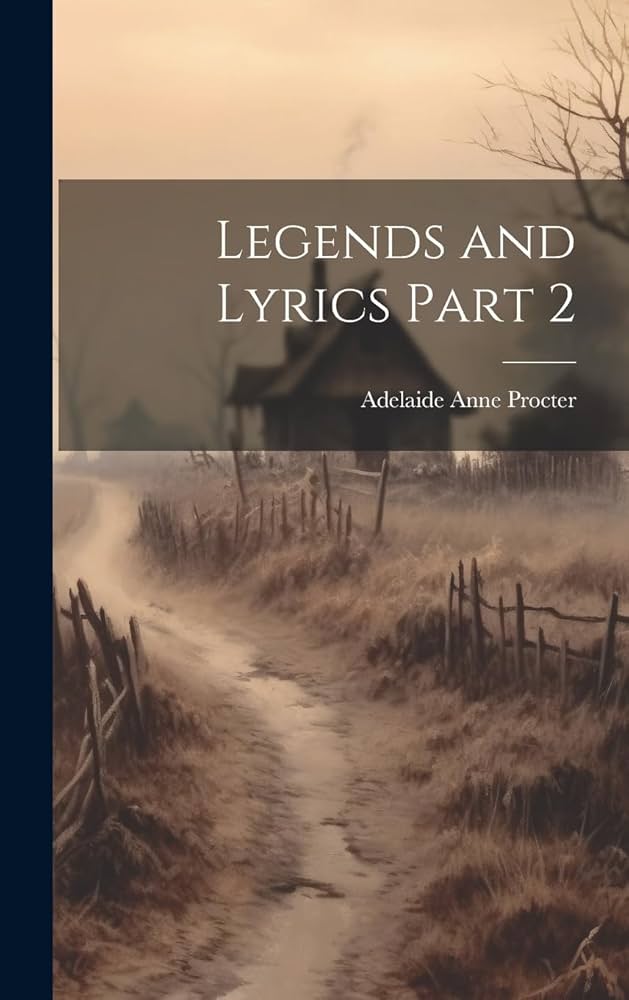VERSE: Discouraged
byDiscouraged begins with a gentle discovery—a tiny stream barely visible beneath layers of moss, its quiet murmur inviting curiosity. The speaker follows it with innocent wonder, seeing in its path a reflection of hope and quiet promise. There’s companionship in the stream’s rhythm, and an unspoken agreement forms: the journey toward the sea will be shared. As the stream dances past heather and tumbles through hills, joy blooms from the unplanned exploration. It’s a journey both outward and inward, where every twist of water echoes a change within. The early pace is light, like a dream that feels endlessly possible.
As they walk, the stream seems to gather meaning with every mile—moving through wildflowers, reflecting sky and bird, and brushing against cattle in restful fields. Its edges become softer, and its song gentler, whispering lessons about growth, trust, and time. The speaker listens closely, captivated by the poetry of nature in motion. In those moments, the world feels generous, and the stream becomes a symbol of calm progress. But as the banks steepen and the flow accelerates, something shifts. Beauty turns to struggle, and serenity gives way to force. The path becomes uneven, testing the speaker’s strength and belief.
What began as a joyful quest now feels like an obligation, pressed by mud, stone, and water too wild to welcome. Doubt seeps in, thick as the undergrowth. Why continue if the sea remains unseen, always just out of reach? The speaker’s feet hesitate, heavy with the weight of expectations unmet. The silence grows louder than the stream’s voice ever was. With a heart no longer certain, the decision to stop is made—not from anger, but from weariness. It’s a quiet defeat, wrapped in the hope that walking away might restore some peace.
In stepping back, the speaker doesn’t return to where they began but drifts toward distraction. Meadows stretch like gentle apologies, offering comfort in their stillness. Time passes without the current’s pull, and for a while, there’s relief in not striving. But under the surface, a persistent question remains. Did the stream, just beyond the next hill, meet the sea? Could a few more steps have made all the effort worthwhile? That unanswered possibility tugs at the speaker’s heart, softly and endlessly.
This moment mirrors so many in life, where dreams are pursued with energy until uncertainty makes the finish line blur. There is no shame in rest, but regret often settles in the spaces left unexplored. Perseverance doesn’t always guarantee success, but giving up guarantees never knowing what might have been. The stream, in all its forms, becomes a metaphor for commitment. Its persistence is natural—it doesn’t question the path, only follows gravity, no matter the terrain. From trickle to torrent, it simply continues, trusting that its journey has meaning even when unseen.
The poem’s sadness lies not in the abandonment but in the nearness of success, unseen by a heart too tired to hope. It invites readers to look inward and ask if they, too, have stopped short of their own seas. Perhaps effort deserves more credit than we give it, especially when it’s hardest to continue. Sometimes the reward isn’t at the end, but in each step taken with faith. And yet, there’s honesty in admitting when energy fades, when courage slips, and when dreams are paused—not because they weren’t worth it, but because humans, unlike rivers, must choose when to continue.
Still, the poem lingers with a truth both haunting and hopeful: many great things lie just beyond the next effort. It reminds us that discouragement is not failure—it is a crossroads. We can pause, reflect, even walk away, but the sea doesn’t vanish. It waits. And sometimes, just knowing that can be enough to begin again—when we’re ready.

